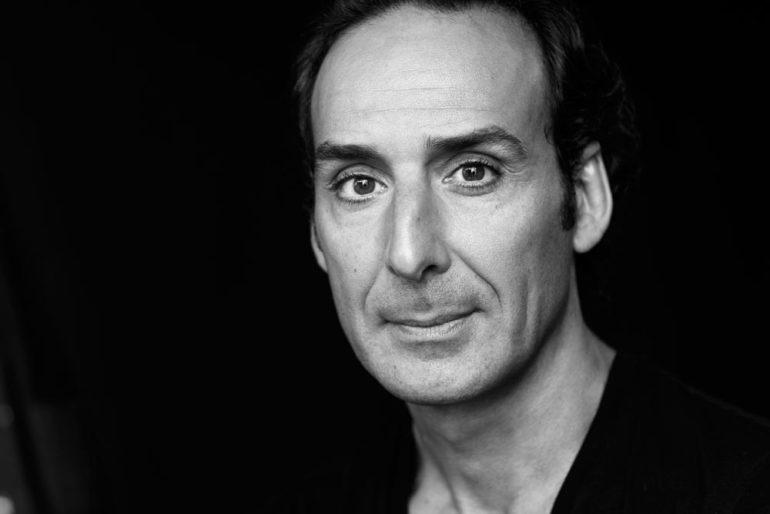Alexandre Desplat Combines Mozart and Bowie for Greta Gerwig’s ‘Little Women’ Score
By Tim Gray
LOS ANGELES (Variety.com) – There have been multiple film and TV versions of “Little Women.” But composer Alexandre Desplat and writer-director Greta Gerwig had a non-traditional idea for Sony’s 2019 version: “We wanted the music to be a duet of Mozart and Bowie,” Desplat laughs. There are no rock music touches in the score, but there is a modern sense of urgency to the music, which reflects the filmmaker’s approach to Louisa May Alcott’s classic book.
“I was very inspired by the film, because it’s so beautiful and it touched me. I wrote quickly, so I thought it would be an easy film to do, but at the end I was exhausted,” Desplat says. That’s because he worked in many innovations while composing an estimated 90 minutes of music for the film.
“I made several versions of many cues, and Greta liked them all and started playing with them,” he says. “When I saw the movie, the music felt almost wall to wall. It was like watching a ballet with beautiful people in beautiful places, discovering life, keeping their innocence and at the same time losing it.”
The music is complex because there are so many characters and the story covers a lot of territory over many years.
Desplat has created a wide range of scores in the past, but pushed into new areas when it came to scoring “.” “I tried to work with a restrained orchestration, such as two pianos, and a limited amount of musicians,” he says. “The structure of the film is so smart, I wanted the music to be different: changing chords, changing rhythm.
“Mozart for me is the No. 1 composer. His music is not just joy or sadness. It’s deep emotion with a touch of lightness, which is the most difficult thing to do. [Laughs] I’m not saying I’m Mozart! But his beauty is what you aim at.”
The composer talks about three scenes as an example:
Early on, there is music in the tavern where Jo (Saoirse Ronan) dances. In a lively piece that’s different from anything he’s done before, Desplat made sure it sounded authentic. “We needed something raw, with music coming from five guys who’d maybe just arrived in this country. So there are strumming guitars, accordion, a clarinet.”
For the death of a character, Desplat used a harp. “The piano has a shining sound, so I wanted a harp because it’s resonant, and the finger moves give the music something very delicate, very soft.”
Finally, Desplat refers to a joyful scene in the movie in which the March family’s matriarch, Marmee (Laura Dern), is leaving for Washington, D.C. There, the music begins in an upbeat mood, which quickly grows more somber as it reflects the mood everyone is feeling in that moment. “The emotions are all piled up. It’s sadness, joy, desire of love, hope. It’s always in layers and the music had to capture that.”
Desplat always reads the script well in advance as part of his process. However, his real work begins later. “I really need to see the film. That’s what inspires me. I need to see the art direction, the snow, the red hair of Saoirse Ronan looking out the window.” The visuals of the film inspire him and his music choices.
Desplat has high praise for American musicians: “The ensemble is true. They are great musicians and work so well together. Without that, you cannot have a good score.”

